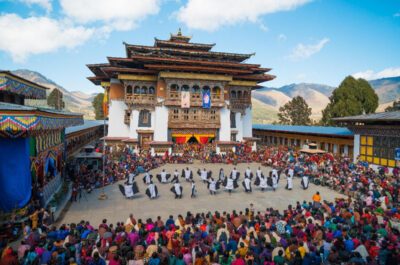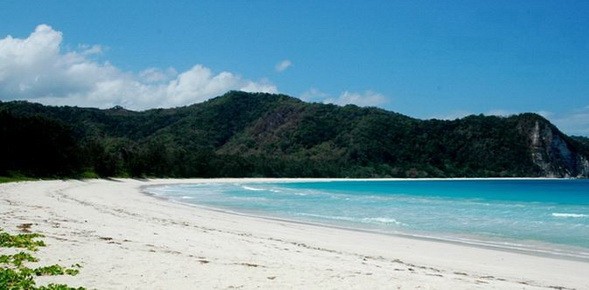Traditional “Pasola” festivity could help the island of Sumba in East Nusa Tenggara to gain an identity among foreign travellers.
RANTENGGARO – Two teams of tribesmen on horseback charge at each other hurling bamboo spears in a thousand-year-old ritual on the Indonesian island of Sumba aimed at producing a prosperous rice harvest. Spectators, their mouths reddened from chewing betel nut, scream them on from the sidelines of the show in Ratenggaro village, reaching for their machetes when a rider is struck at close range and the referee calls foul play.
The annual pasola — which comes from the word “spear” in a local tribal language — takes place over four weeks in February and March in western Sumba, an island in the center of the sprawling Indonesian archipelago. Traditionally it was a barely disguised form of human sacrifice in which tribesmen would aim to spill each other’s blood onto the fields. It has evolved into a mock-up of such battles and people are not usually badly hurt, although accidental deaths do occasionally occur.
The spectacle attracts few foreign tourists — only around 10 were at the recent pasola in Ratenggaro and up to 100 normally attend larger ones. But now officials are hoping to use it to boost the economy of the desperately poor island, which is dependent on subsistence rice and corn farming and woven rattan goods that yield few profits.
“It’s a major attraction and has huge potential for development,” said Bona Fantura Rumat, from the tourism board of East Nusa Tenggara province, which includes Sumba.
Despite its pristine beaches, azure seas and traditional villages, last year Sumba attracted around 2,500 tourists — compared to more than three million who visited the nearby resort island of Bali. Rumat said plans are afoot to promote the pasola more, improve infrastructure by building better roads and start flights to more destinations in Indonesia to make Sumba easier to reach, as well as to Darwin in northern Australia.
The ritual itself has already been adapted to make it more palatable to visitors. In the past it would typically end with a field drenched in human and horse blood, and it was a great honor for local villagers to die while taking part. At the recent Ratenggaro pasola, no one reported much more than a scratch and the villagers now use blood solely from sacrificed animals, instead of a mix of human and animal blood as they did in the past.
Before the pasola, men in a darkened hut chopped off the heads of chickens, draining their blood into buckets as a mystic chanted. A dog and pig whose blood had already been drained were roasted on a fire, to be shared and eaten after the festivities.
The spears have also been blunted and metal tips removed. In Ratenggaro, policemen armed with rifles ensured that no one was hacked to death — although a minor punch-up still ensued.
There have also been changes in the planning of the event. It traditionally only began the day after a certain type of seaworm swam to the shore — which signified the end of wet season and the beginning of crop planting — but now elders decide on the date in advance so tourists have enough time to plan their trips.
They still collect the worms, however — the more there are the better the harvest — and the slimy blue and green creatures are cooked into patty cakes.
Despite the changes, many Sumbanese believe the pasola is still as spiritually rich as ever and have given a cautious welcome to the idea of increasing tourism. “If there is anyone who takes part in the pasola with an unclean heart, then harm will come to them,” said Ratenggaro village elder Agustinus Pandak, wearing a bright orange weaving wrapped around his head.
“They might fall off their horse, be hurt when struck by a spear. But this won’t happen if the rider is at peace with himself and his heart is full of love,” he said.
Pandak added he was happy for steps to be taken to attract more people to the pasola, “as long as it’s developed with respect to our culture.”
For many foreigners who do make the journey to Sumba, the island’s underdeveloped tourism industry is precisely what they like about it. Sedish traveller Linus Strandholm, experienced at first-hand that the modern version of the pasola is not entirely safe — he was struck in the chest by a spear and hit in the head with a rock.“I’ve saved the rock as a souvenir,” he said, adding it was all part of the experience.
(Source: Agence France-Presse)
Luc Citrinot a French national is a freelance journalist and consultant in tourism and air transport with over 20 years experience. Based in Paris and Bangkok, he works for various travel and air transport trade publications in Europe and Asia.



































































